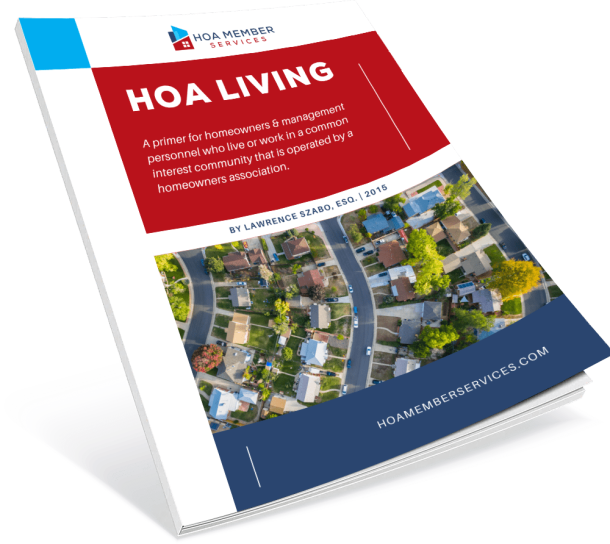Who Decides on a Settlement of HOA Litigation – Members, the Board, or an Insurance Carrier?
- Dispute Resolution
Homeowners associations are often a party to litigation, whether it is as a plaintiff who commences the lawsuit, or as a defendant that is being sued by some other party. In cases where a homeowners association is the plaintiff, the association’s insurance carrier is not generally involved, but in lawsuits where the association is a named defendant and it is covered by insurance for the claims being made, the defense of the case is typically handled by the insurance carrier. So what happens when it comes time to discuss a settlement of the litigation? Who makes the decision on whether or not to settle a case and on the terms of the settlement—the association’s members, the board of directors, or the insurance carrier that is providing a defense of the case?
Cases Where There is No Insurance Company Involved.
Decisions on the settlement of cases where the association does not have an insurance company providing its defense are left to the discretion of the association’s board of directors. The non-director members of the association do not typically play any role in the decision making process relative to the settlement of claims or litigation unless the association’s board of directors seeks input or a vote by the membership. Under certain circumstances, the board may authorize a particular individual to decide on the terms of a settlement, but generally those decisions are made by the directors collectively while acting at a duly noticed meeting of the board at which a quorum of the directors is present. Situations where an authorized representative of the association is empowered to make settlement decisions that are not approved by the board of directors generally involve smaller amounts of money, such as small claims cases. In such cases, the board of directors may authorize a person to negotiate directly with the other party and to enter into settlements on such terms as the representative believes to be in the best interests of the association, or settlements that are within certain guidelines provided by the board of directors (i.e. accept not less than, or pay not more than a specified amount). The decisions that are made by an association’s board of directors concerning litigation are generally upheld by courts under the “business judgment rule” when they are subsequently challenged. Said rule essentially provides that a court will not substitute its judgment for the judgment of the association’s board of directors when they have acted properly in evaluating how to proceed on the matter.
Cases That Involve Insurance Companies.
To continue reading the full article, you must have a Subscription with HOA Member Services. The full article is available to Subscribers via the Articles and Cases tab in the Dispute Resolution category. You can also view the full article by clicking here if you already have a Subscription – Please make sure to first log into your account.
Subscription Required to Continue Reading
To view the full HOA Featured Article, you must have a Subscription with HOA Member Services
Become a Member
Personal Monthly
-
Access to over 600 Articles & Case Decisions
-
Access to hundreds of Resources
-
HOA Newsletter
-
Free Copy of HOA LIVING
-
25% OFF Download Forms
-
1 User
Personal
-
Access to over 600 Articles & Case Decisions
-
Access to hundreds of Resources
-
HOA Newsletter
-
Free Copy of HOA LIVING
-
25% OFF Download Forms
-
1 User
Pro
-
Access to over 600 Articles & Case Decisions
-
Access to hundreds of Resources
-
HOA Newsletter
-
Free Copy of HOA LIVING
-
Free Unlimited Access to Download Forms (save $1000s!)
-
Unlimited Personal Support from HOA Attorney
-
1 User
HOA Team
-
Access to over 600 Articles & Case Decisions
-
Access to hundreds of Resources
-
HOA Newsletter
-
Free Copy of HOA LIVING
-
Free Unlimited Access to Download Forms (save $1000s!)
-
Unlimited Personal Support from HOA Attorney
-
Up to 10 Users

